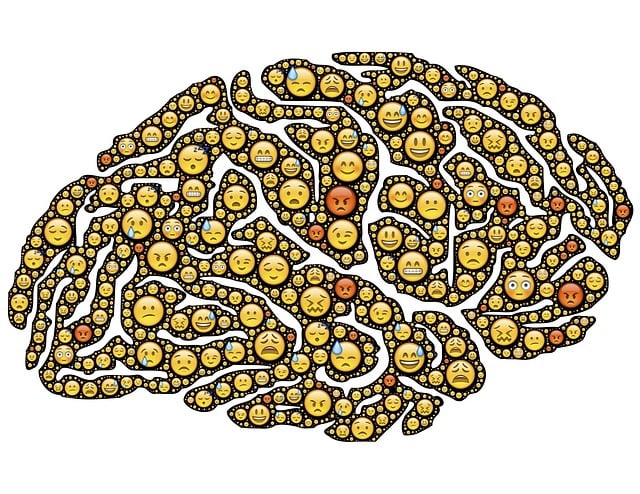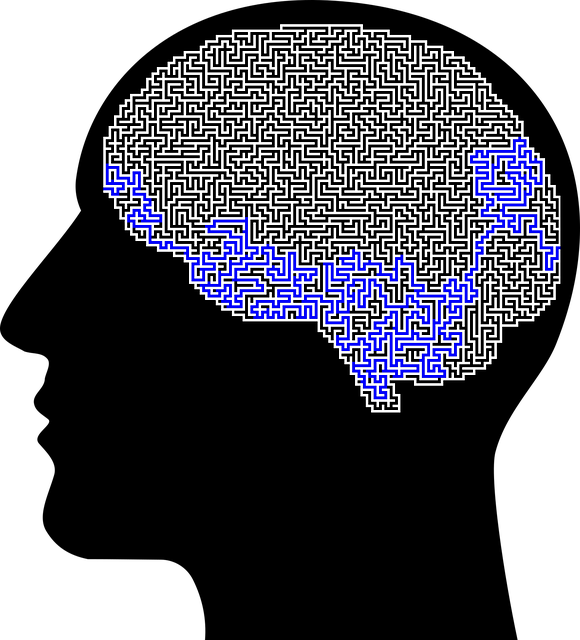Crisis Intervention Teams (CITs), comprising professionals like psychologists and social workers, offer integrated support during severe emotional crises. In an era of increasing mental health awareness, CITs gain prominence, as seen in initiatives like Lakewood ADD-ADHD evaluations and therapy programs. These teams focus on de-escalation, immediate support, and connecting individuals to long-term treatment. Evaluations for ADD-ADHD are crucial for understanding behaviors during crises and tailoring interventions. Training includes cognitive behavioral therapy (CBT), conflict resolution, and self-care routines. Implementing Lakewood-style crisis intervention programs enhances mental wellness through immediate support and positive coping strategies, ensuring community well-being.
“In today’s fast-paced world, effective crisis intervention is crucial. This article delves into the essential components of training programs designed for Crisis Intervention Teams (CITs), offering a comprehensive guide for professionals. We explore the significance of understanding CITs’ roles in managing high-stress situations, particularly focusing on the integration of ADD/ADHD evaluations and tailored therapy approaches. Furthermore, we provide insights into implementing and evaluating Lakewood-style crisis intervention programs, emphasizing the impact of personalized assessments for optimal team performance.”
- Understanding Crisis Intervention Teams: A Essential Overview
- The Role of ADD-ADHD Evaluations in Crisis Situations
- Therapy Approaches for Effective Team Training
- Implementing and Evaluating Lakewood-Style Crisis Intervention Programs
Understanding Crisis Intervention Teams: A Essential Overview

Crisis Intervention Teams (CITs) are specialized groups designed to respond to individuals experiencing severe emotional or psychological crises. These teams play a pivotal role in enhancing public safety and supporting those facing mental health challenges. By integrating various professionals, such as psychologists, social workers, and law enforcement officers, CITs offer a comprehensive approach to crisis management. The primary goal is to de-escalate situations, provide immediate assistance, and facilitate access to long-term treatment options.
In today’s world, where mental health issues are increasingly recognized, the effectiveness of CITs has gained significant attention. Programs like Lakewood ADD-ADHD evaluations and therapy initiatives highlight the importance of early intervention and support. Public awareness campaigns focused on resilience building and positive thinking contribute to breaking down stigmas associated with seeking help. These efforts ensure that crisis intervention becomes a collaborative process, fostering better outcomes for individuals in need.
The Role of ADD-ADHD Evaluations in Crisis Situations

In crisis intervention settings, ADD-ADHD evaluations play a pivotal role in understanding and addressing an individual’s behavior and emotional state. These evaluations are crucial for identifying underlying conditions that may exacerbate stress and turmoil during critical moments. By assessing attention deficits, hyperactivity, and impulsivity, professionals can tailor interventions to meet the unique needs of those facing crises, such as anxiety relief or self-esteem improvement. In the context of Lakewood ADD-ADHD Evaluations Therapy, comprehensive assessments enable therapists to design targeted strategies that foster stability and resilience during challenging situations.
Incorporating Mental Health Policy Analysis and Advocacy into crisis intervention training ensures that professionals are equipped not only with clinical skills but also with an understanding of broader systemic issues. This dual focus empowers individuals to provide effective support while advocating for policies that promote holistic mental health care, ultimately enhancing the availability and quality of services in the community.
Therapy Approaches for Effective Team Training

Effective crisis intervention team training programs incorporate a range of therapeutic approaches to prepare members for high-pressure situations. One key approach is cognitive behavioral therapy (CBT), which helps individuals identify and change negative thought patterns and behaviors. This technique is particularly valuable in teaching team members coping skills development, enabling them to manage stress and make clear decisions during crises.
Additionally, training should include conflict resolution techniques, as effective crisis intervention often involves navigating tense situations with diverse personalities. Through role-playing exercises, teams can practice de-escalation strategies and learn how to foster open communication, promoting a collaborative environment that benefits everyone. Self-care routine development for better mental health is another essential aspect, ensuring team members can maintain their well-being while supporting others through challenging scenarios.
Implementing and Evaluating Lakewood-Style Crisis Intervention Programs

Implementing and evaluating Lakewood-style crisis intervention programs can significantly enhance mental wellness and emotional healing processes within communities. These programs, inspired by the Lakewood ADD-ADHD Evaluations Therapy model, focus on providing immediate support during crises while promoting long-term positive thinking and coping strategies. By integrating Mental Wellness Journaling Exercise Guidance, participants gain valuable insights into their emotional responses, fostering self-awareness and resilience.
Effective evaluation of such initiatives is crucial to ensure their sustainability and adaptability. Assessing the impact involves measuring participant satisfaction, tracking improvements in crisis management skills, and collecting feedback on the program’s overall effectiveness. This data-driven approach allows for continuous improvement, ensuring that the Lakewood-style programs remain relevant and beneficial for those seeking support during challenging times.
Crisis intervention team training programs, such as the Lakewood model, are invaluable tools for equipping professionals with the skills to navigate and de-escalate crisis situations. By integrating thorough ADD/ADHD evaluations and evidence-based therapy approaches, these programs ensure a comprehensive understanding of mental health crises. Effective crisis intervention not only enhances safety but also fosters healing and recovery. Organizations prioritizing employee well-being and effective crisis management should consider implementing Lakewood-style training, backed by rigorous evaluations and therapy, to create a more resilient and supportive work environment.











